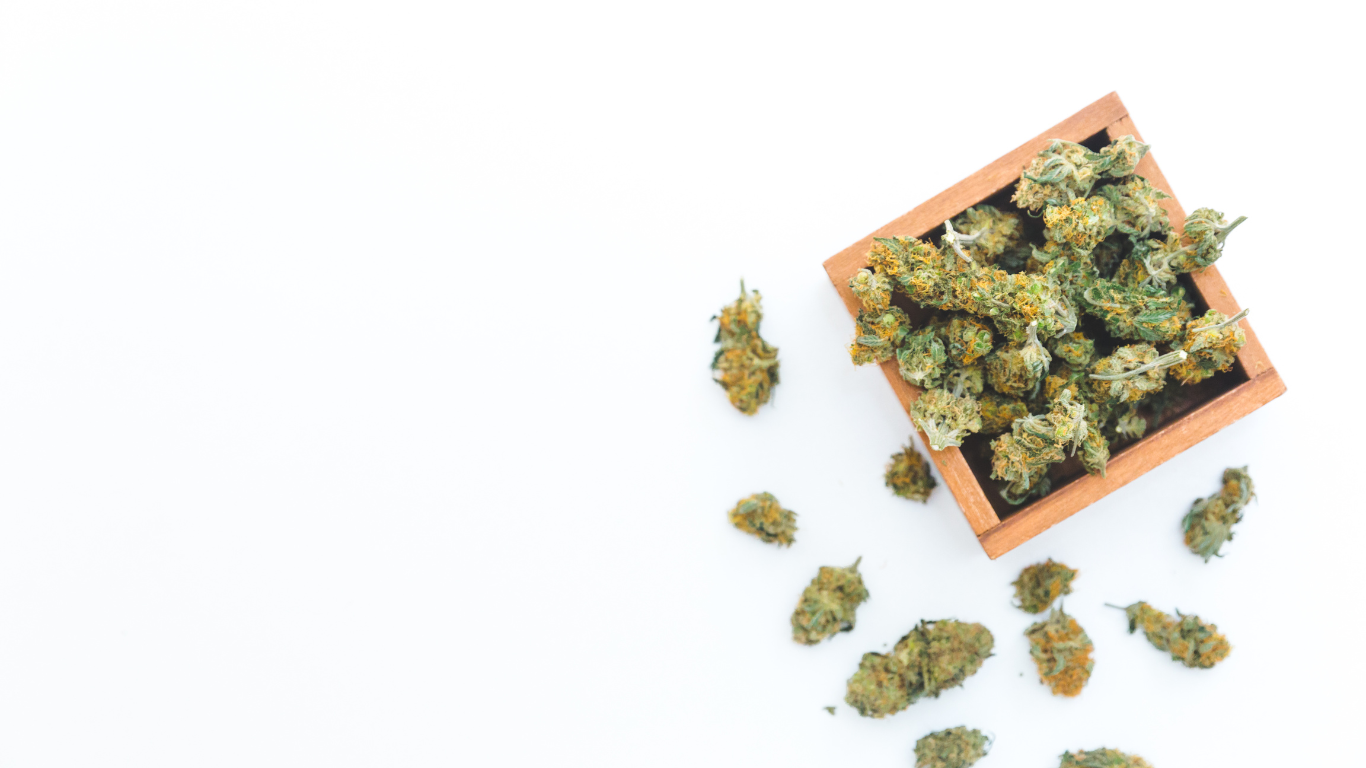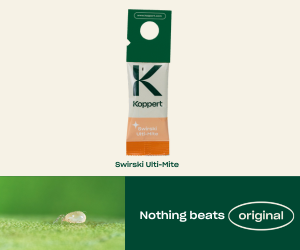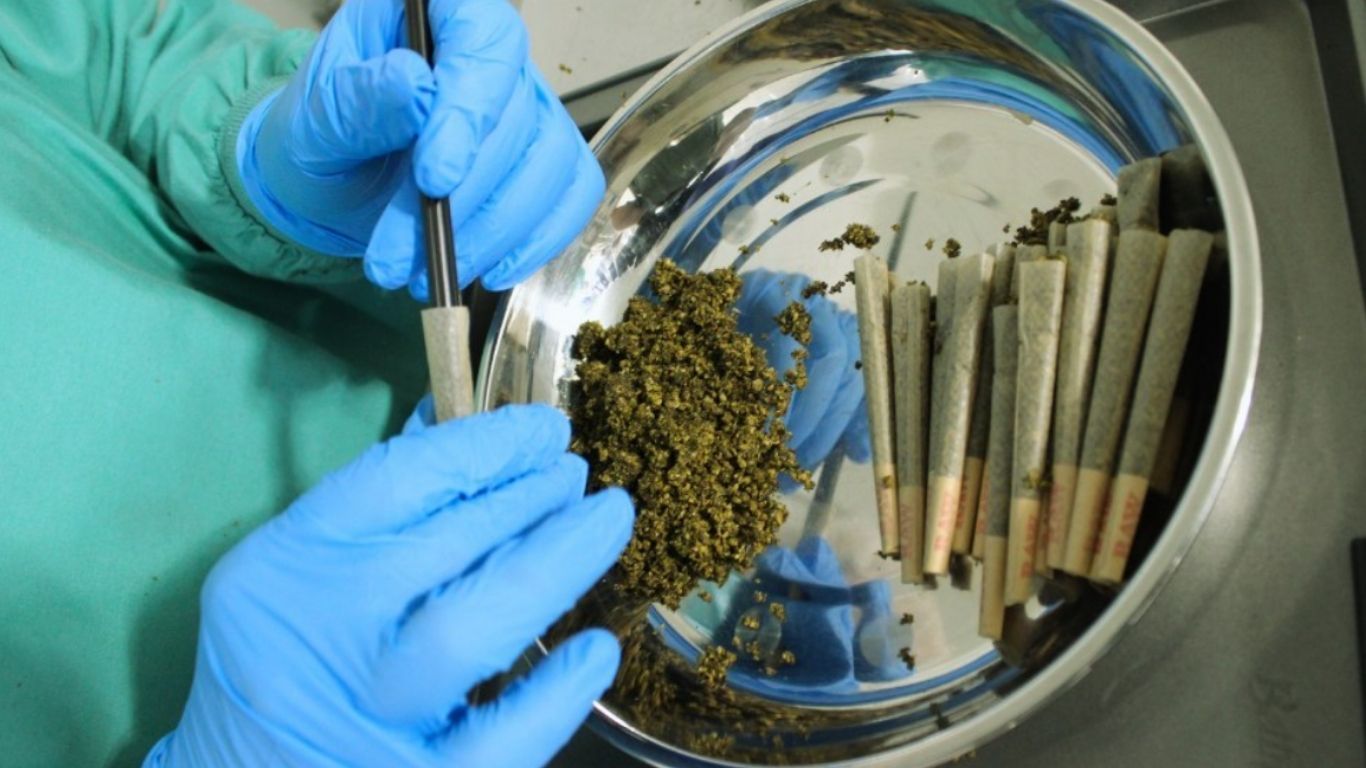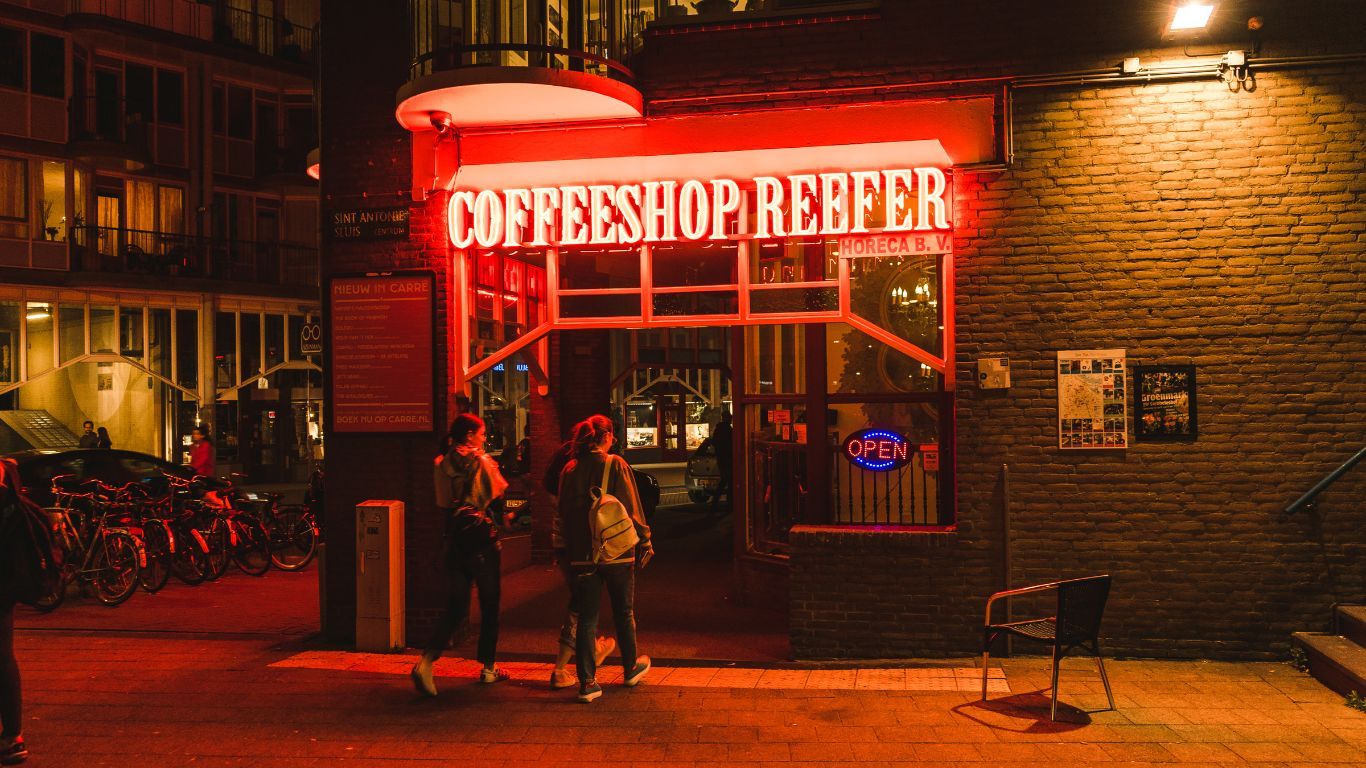
What’s been happening in the cannabis world this week? On Stratcann we had: articles looking at a pair of new research papers exploring policy responses to increasing THC levels; a report on Highland Cannabis, a retailer in Kitchener, ON, who are leading the Cancel Kickbacks campaign; Green House Seeds’ partnership with New Brunswick producer Eco Canadian Organic; and coverage of statistics showing that BC has brought in a nice chunk of change via excise taxes.
Here’s what else went down.
Tilray raised some eyebrows in 2021 when they pledged to hit CAD$5.3 billion in sales by 2024. Rightfully so, as it turns out: the company now concedes that this is an impossible goal, and investors are pegging their 2024 sales projections at a far, far lower figure.
On the flipside, retail chain High Tide is seeing healthy sales growth year-over-year, and announced a non-binding letter of intent with a German health and wellness company. IIt wasn’t enough to turn a profit though—the retailer still lost $70m in the last quarter.
In other pubco news, the Quebec Superior Court denied leave to pursue a class action against HEXO Corp. The proposed class-action raised various allegations of misrepresentation and breaches of disclosure obligations over the period of April 2018 to March 2020.
BC-based BLK MKT won the 2022 Cannabis Brand of the Year by ADCANN.
The ‘edible extracts’ controversy was covered in the Toronto Star this week, with comments from C3’s George Smitherman and Aurora spokesperson Michelle Lefler. Health Canada also provided a statement, defining these products outright as “non-compliant.” The report suggested that how Health Canada interprets the ingredient oligofructose might be a factor in how this all shakes out.
You can revisit StratCann’s coverage from last year that detailed the use of oligofructose here.
Outside of the country, news broke this week that Germany is likely delaying their legalization efforts beyond the original 2024 target. Many of the bigger Canadian producers have long hoped that Germany would grow into a ripe export market to help prop them up—and we were their top cannabis importer in 2021. But expansion there may be slower than they’d like.
The U.S. Food and Drug Administration recently asked Congress to allow them to create a regulatory framework for CBD, saying that current rules make it virtually unregulated. The CBC spoke with several Canadian researchers who would like to see Canada follow suit with CBD-specific regs.
Back in Canada, University of Toronto student paper The Varsity published an article profiling MC Medicine Wheel, an Indigenous cannabis retail chain that is, like several other Indigenous shops, operating outside the regulatory system. MC Medicine Wheel now has nine downtown locations in Toronto alone—part of a broader trend of formerly on-reserve operations moving into urban areas. The group says they are intent on pushing the boundaries of jurisdictional issues
Seven middle schoolers in Sackville, NB got their hands on some cannabis-infused candies this week, prompting the RCMP to investigate, reports the CBC. The police say the candies weren’t legal products, but didn’t say much more about where they came from, or how they ended up in the hands of a grade 5 student. The kids reportedly rode out the effects at home, and not the hospital.
And finally, CBC Radio in Saskatchewan broadcast an in-depth interview with reporter Libby Giesbrecht, who has been researching how cannabis and THC levels are being treated by police, especially at roadside stops, where there have been cases of medical cannabis users testing positive for THC in their system, but also being able to prove sobriety.

































